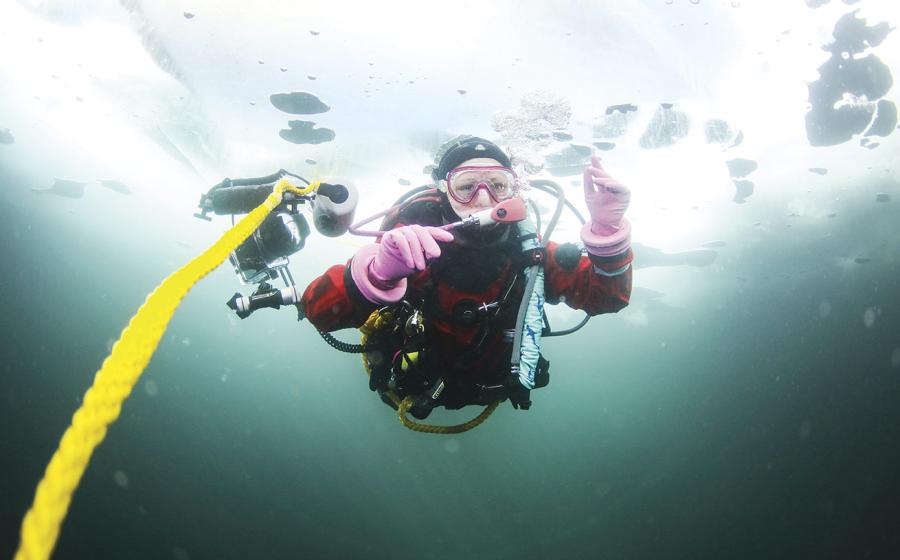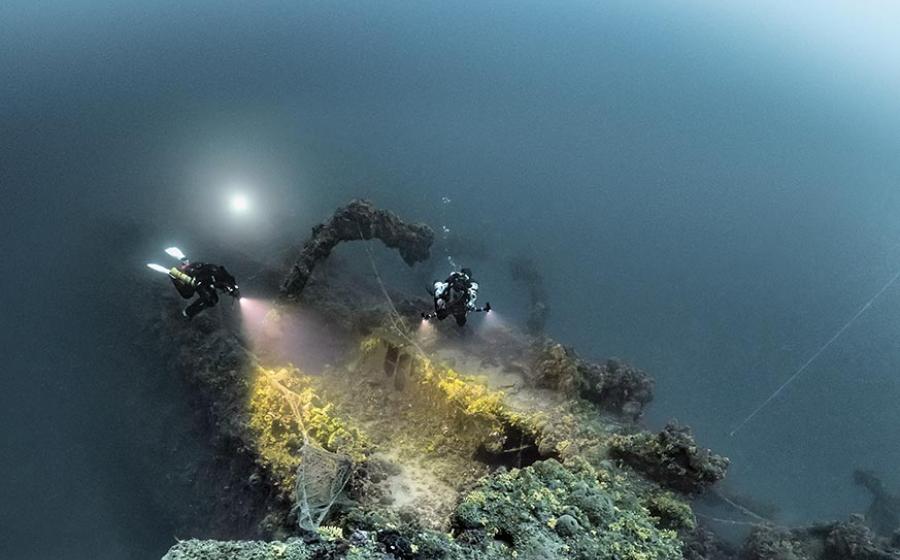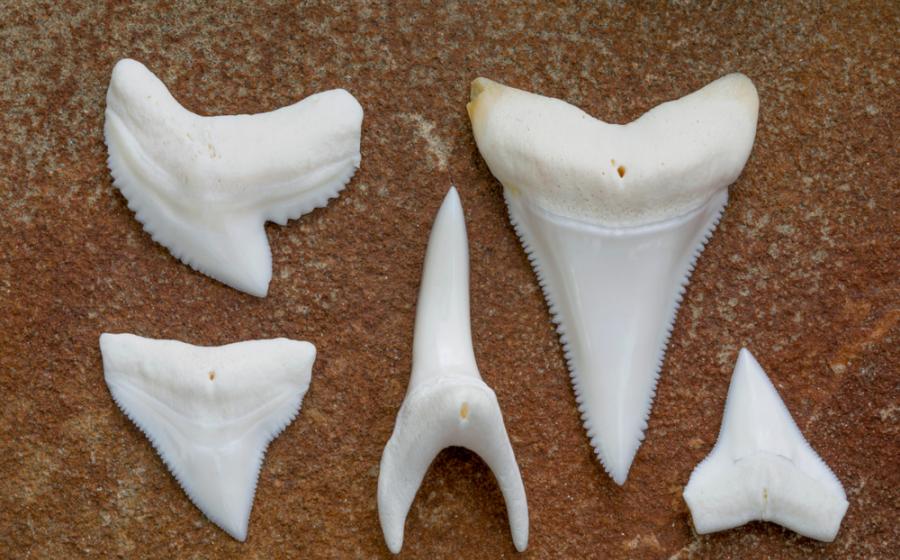Researchers Study the Relationship Between Scuba Diving and Mental Health

shutterstockScientists are hoping to learn more about the complexities of mental health, and how it relates to divers.
While splashing into the thriving aquatic world, divers often have a lot on their minds: thrilling adventure, colorful species and short-lived bottom time, for example. One thing that is often overlooked is their mental health, which is what Diving Diseases Research Centre Healthcare in the United Kingdom is researching. Divers can contribute to this research study by filling out a short survey online.
DDRC Healthcare, a charity specializing in diving medicine, has been conducting the anonymous Health of Divers project since 2008. Since then, it has presented dive-centric research on illicit-drug use, attitudes toward and use of alcohol, cardiac health and dental health. Marguerite St. Leger Dowse, who is running the study, explains that each part of the project has led to the next, which ultimately inspired researchers to study the mental health of divers.
Dowse says the goals of the mental-health study are to examine the mental fitness of divers in more detail and find the prevalence of divers with depression. Currently, there are few resources of peer-reviewed literature regarding mental health and recreational diving.
“Divers grow into their illnesses, accept their health as a ‘norm’ and continue to dive, often without understanding the possible risks to either themselves or their diving companions,” says Dowse. When asked what mental-health issues are commonly overlooked by divers, Dowse says, “We hope that our data, because it is anonymous, will give us an indication regarding this fact.”
The anonymous survey asks participants common questions such as age, gender, medications, weight and height (fair warning: It will test your ability to convert to the metric system), and smoking and alcohol-consumption habits.
Additionally, it inquires about panic and anxiety before or after a dive, along with how a diver’s general anxiety levels have been within the past two weeks before taking the survey, on a “not at all,” “several days,” “more than half the days” and “every day” scale. Participants will be asked up to 50 questions, but the survey is estimated to take only five to six minutes overall.
Dowse suggests that divers should seek advice from a physician experienced in diving medicine if they are having any health issues or concerns that might affect their ability to dive safely.
To participate in this survey, go to https://www.surveymonkey.com/r/LSKYVT7









